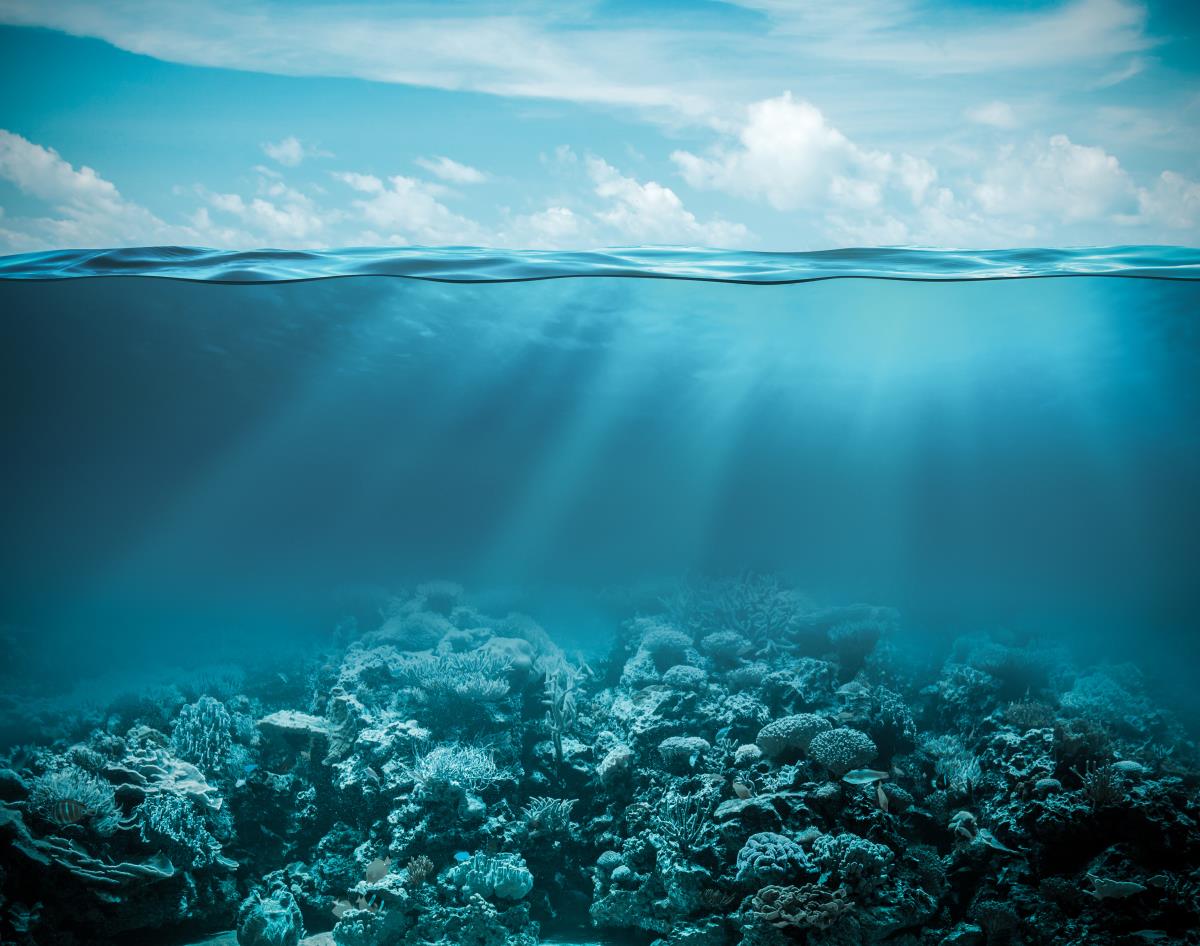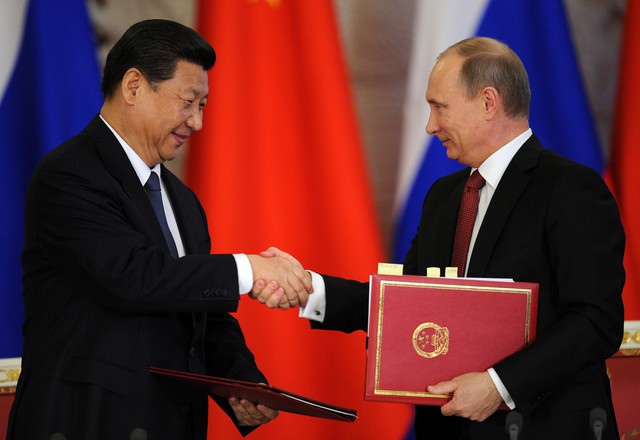STUDY: Deep-sea mining for EV metals can slash ocean animal populations in half
07/26/2023 / By Laura Harris

A new study published in Current Biology revealed that the rapid expansion of deep-sea mining of metals needed for electric vehicles (EVs) can slash ocean animal population in half.
In the study, captured from an underwater cobalt mining site off the coast of Japan, a short mining test was conducted by the Japanese government and analyzed by the researchers involved in the study to determine the harmful effects.
One year after the mining test, the researchers observed a significant decline in fish and shrimp populations. The areas directly affected by the sediment produced from the mining test experienced a 43 percent decline in fish and shrimp density. Surprisingly, even in the nearby regions not directly impacted by sediment, the fish and shrimp density experienced a substantial drop of 56 percent.
“Is it worth it to get these [metals] and mess up the sea versus mess up somewhere else? I don’t know, but we have to use everything we have to make the right call,” said Travis Washburn, an ocean floor ecologist and one of the authors of the new study.
Another study revealed the long-lasting impact of mining tests on animal populations. Even up to three years after the mining test took place, there were consistent declines in marine life around the deep-sea mining site. Washburn explained that marine animals leave mining sites due to habitat destruction and sediment production. (Related: Green cult now going after lithium – the key mineral used in batteries for electric vehicles.)
Mining activities directly remove rocks from the ocean floor, destroying sea creature habitats, while the sediment produced during mining operations lacks the organic material essential for the sustenance of fish and other marine animals. Consequently, the marine life living in areas where sediment settles is left with limited access to food, leading to population declines.
Also, a study released on July 17 revealed the potential impact of deep-sea mining on tuna fisheries. Tuna fisheries are essential to the livelihoods of many coastal communities and play an important role in the global seafood trade.
US and Japan signed a trade agreement on minerals for EV batteries
Despite the harmful effects of deep-sea mining on marine life ecosystems, the U.S. and Japan signed a trade agreement on March 28 to bolster the EV industry and secure the essential minerals required for EV batteries. The deal secured the battery supply chains of both countries and provides Japanese automakers with broader access to the lucrative $7,500 U.S. EV tax credit.
According to a senior Biden administration official, the key focus of the agreement is to prevent the imposition of bilateral export restrictions on essential minerals used in EV batteries, such as lithium, nickel, cobalt, graphite and manganese. By doing so, the deal not only ensures a stable supply of these minerals, but also aims to reduce the reliance of both nations on China.
The trade agreement takes on added significance as it aligns with the climate-centered Inflation Reduction Act (IRA), which offers $7,500 tax credits for electric vehicle purchases. Minerals-focused trade agreements play a pivotal role to access these credits.
The Biden administration views these agreements as a strategic means of opening up access to the tax credits and enhancing the supply chains for critical minerals and their processing.
Treasury Secretary Janet Yellen recently highlighted the importance of strengthening the supply chains for critical minerals during her testimony in the House Ways and Means Committee. The trade deal with Japan further solidifies the administration’s commitment to this goal.
While these mining practices may offer a solution to satisfy the increasing need for metals to meet the growing demand for their use in electric vehicles and renewable energy components, it comes at a steep ecological cost.
Visit RoboCars.news for more news related to electric vehicles.
Watch the video below to know more about the true cost of electric car batteries.
This video is from the #ClaireEdwards Uncensored channel on Brighteon.com.
More related stories:
Lithium supply not large enough to not meet ambitious global EV deadlines, mining CEO warns.
GREEN SHORTAGE: Lack of lithium preventing Indonesia from becoming a global hub for EVs.
Sources include:
Submit a correction >>
Tagged Under:
big government, Bubble, cars, climate change, Dangerous, Ecology, electric cars, electric vehicles, energy supply, environment, fuel supply, green living, Green New Deal, green tyranny, insanity, Japan, metals, minerals, mining, ocean health, power, real investigations, US
This article may contain statements that reflect the opinion of the author
RECENT NEWS & ARTICLES
COPYRIGHT © 2017 BIG GOVERNMENT NEWS





















